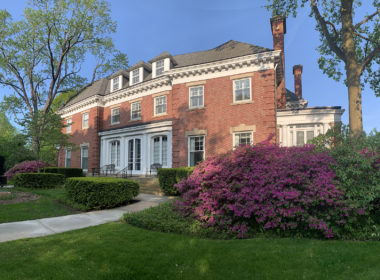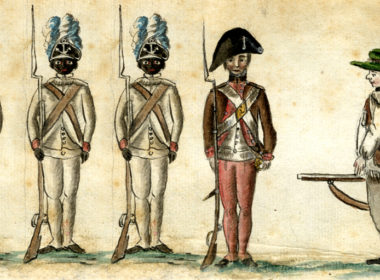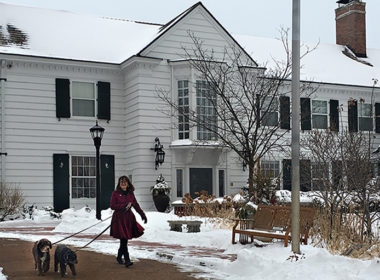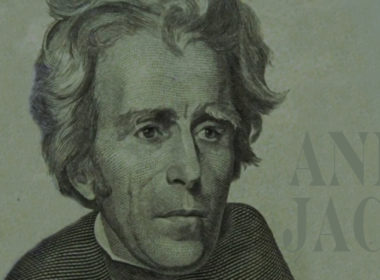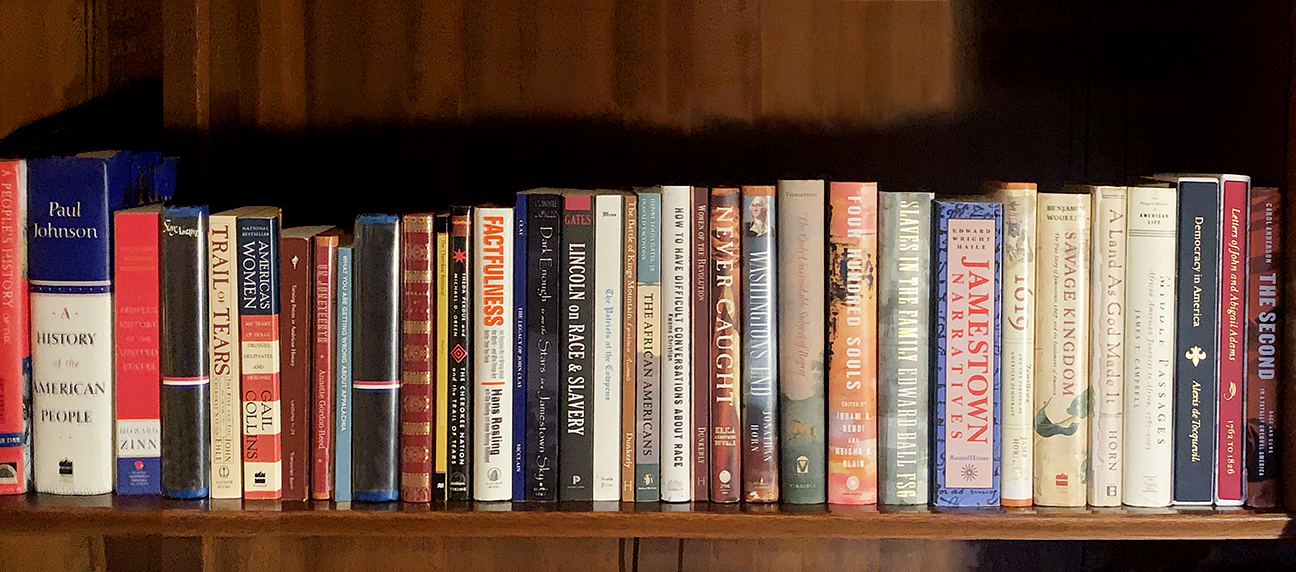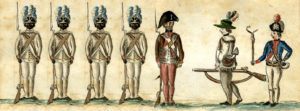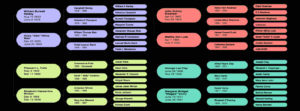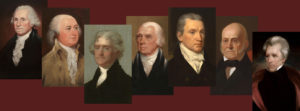History with a Southern Accent is a book project that spans the history of the American South from 1607 Jamestown through the Carolinas, Tennessee, and Texas, into the mid-twentieth century.
Would a kidnapped ten-year-old girl brought to Colonial America become a wealthy landowner or a slave? What were the connections between 1609 shipwreck that inspired Shakespeare’s Tempest, the sailing of the White Lion in 1619, and the Mayflower in 1620? Was Nathaniel Bacon a charismatic populist leader, the self-serving instigator of Bacon’s Rebellion, or both?
Would you ever rebel against your own country? Are you sure of which side you would have taken in the American Revolution or the American Civil War? Could you be on the opposite side from your spouse in a deep divide and remain happily married? Would you choose liberty over enslavement if you had to give up your family? Could you justify becoming a slaveholder if you truly believed it was the best for those you enslaved? Would you sue your family to take away all their wealth? What if that wealth was in enslaved people? The lives of real women illuminate the joys and struggles in little-known stories from American history.
I have done genealogical research for four decades, and discovered fascinating stories that span the history of the American South from 1607 Jamestown through the Carolinas, Texas, and Tennessee into the twentieth century.
I have ancestors who arrived in Virginia before the Mayflower sailed, and First Nations ancestors who were here long before that. I have relatives who fought in the American Revolution, on both sides. I have relatives who enslaved people and passed them down in their wills, relatives who freed hundreds of enslaved people, and relatives who were born enslaved. I have Scots-Irish “hillbilly” relatives, and highly-educated Scots-Irish relatives who defy the stereotype. I have an ancestor who sailed on one of the first ships to bring enslaved Africans to Virginia, and a Texas cousin who (after learning of her freedom on the original Juneteenth) petitioned and was accepted as a citizen of the Choctaw Nation.
After I submitted the manuscript of my book Eastcliff: History of a Home to Minnesota Press in the spring of 2020, I began writing the fascinating family stories. At the same time, I was troubled by the deep political divide I saw in the U.S. and in my own Southern family. I became a voracious reader of American history, researching to understand our current situation and to connect people across divides.
During the January 6, 2021, attack of the U.S. Capitol, I was researching and writing about the September 19, 1676, attack and burning of the capitol of the Virginia colony, Jamestown. Bacon’s Rebellion has surprising relevance today.
During the time of protests following the murder of George Floyd, I was living in Minneapolis and writing about how my (White) ancestors were given land for their service in the American Revolution, whereas Black soldiers who served returned to enslavement.
Thousands of children were separated from their families at the U.S.-Mexico border; four-hundred years earlier, children were snatched off the streets of London to become servants in Virginia, normalizing the enslavement of African children, and generations of their descendants.
When I read of a cousin who had both her children and the children of her enslaved woman baptized in her church together, I tried to envision what she was thinking. How did she justify having a baby baptized, and then keeping that child enslaved for life? How did another ancestor justify fighting to displace people in the Seminole War when his own mother was Cherokee?
Family is the root of social connection, yet conflict is inherent in family life. I write for readers whose families may also include both enslavers and the enslaved, pro-slavery advocates and abolitionists. Their ancestors may also have been on opposites sides in Bacon’s Rebellion, the American Revolution, and the American Civil War. In History with a Southern Accent, women separated by social status, race, and generations are connected by intimate stories of American history.

